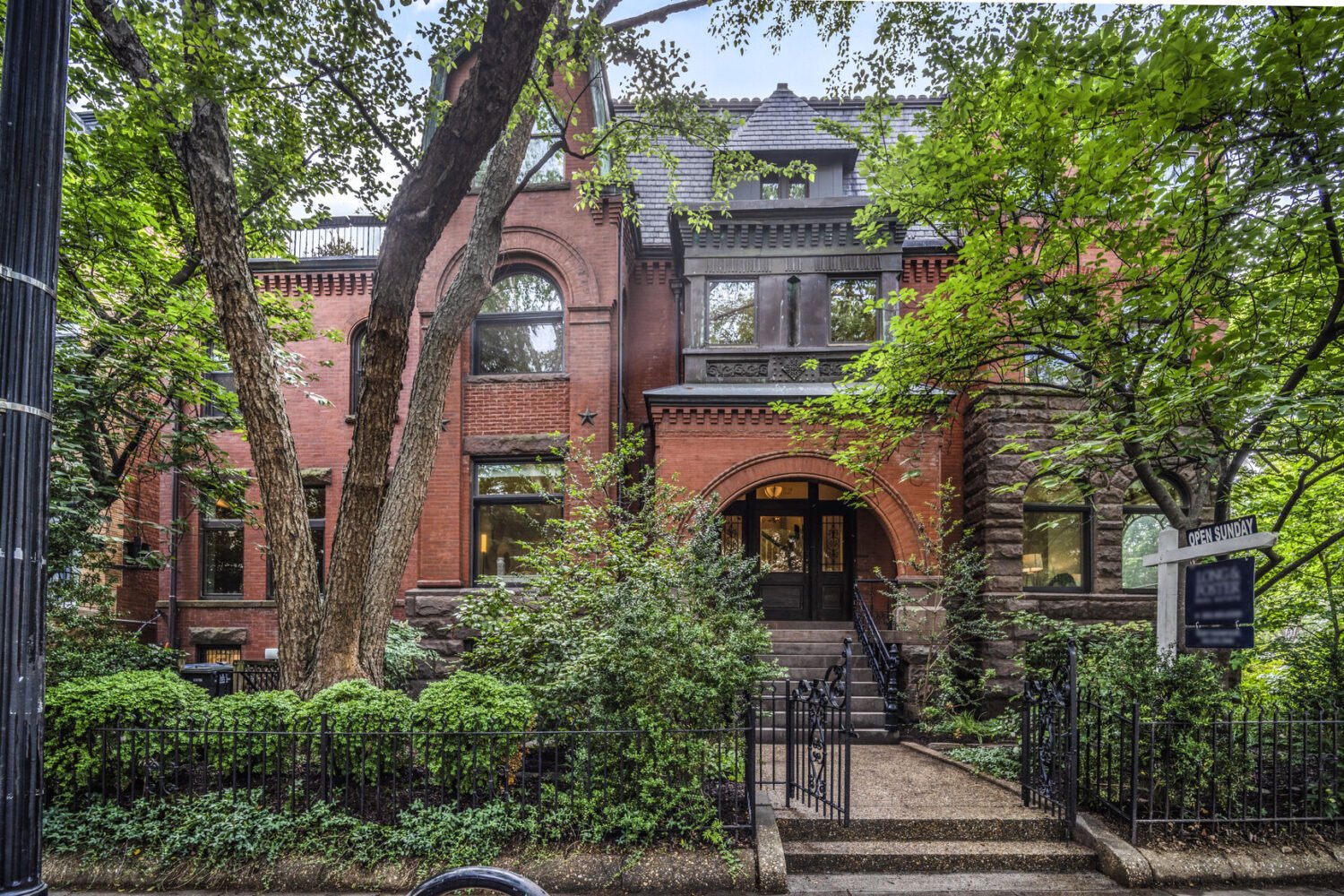In a real estate market where multiple offers are the norm, it’s no surprise that buyers want to do whatever they can to set themselves apart from the competition. Aside from waiving contingencies, escalating six figures, agreeing to close on the seller’s timeline, and offering nonessential organs (kidding—kind of), there’s another tactic that Washington house-hunters are frequently deploying these days: writing “love letters” to sellers — i.e., overtures about who they are, why the particular property means so much to them, and why the seller should pick them over other bidders. Many buyers include family photos, too. You can even buy templates for the letters on Etsy.
These letters came up repeatedly while I was reporting Washingtonian’s April cover story about the crazy DC market. Some agents told me they push their clients to write them—“I feel strongly enough about it that pretty much all of my buyers write some kind of a letter to the seller,” said one—while other agents said they actively discourage them. For one thing, the letters can backfire if a seller is turned off by the ploy, or if a buyer inadvertently reveals something the seller doesn’t like. But most important, such letters open up the very real potential for housing discrimination.
“I call them ‘pick me’ letters,” says agent Liz Brent. “They might say things like how happy their kid—which speaks to their familial status—will be when they run down the stairs Christmas morning, which obviously speaks to their religion.”
Examples of real “love letters” that I’ve seen include detailed information about the bidders, such as what they do for a living, their children’s ages and hobbies, and the names of friends and relatives who already live in the neighborhood of the house they’re trying to buy.
Buyers who submit photos, meanwhile, “are almost always white, heterosexual couples. … We’ve seen pictures at the altar on the wedding day. Pictures with their kids. Or pictures where she’s pregnant,” says Brent, who owns the brokerage Go Brent in Silver Spring. “I have not ever, in 25 years, seen a photo of a single-person buyer, a buyer with a visible disability, or a photo of an older couple.” She says she has only rarely seen photos of people of color.
In other words, according to Brent, the buyers who feel comfortable sharing such personal information typically seem to fit the same, relatively privileged profile. And when sellers consider these letters and photos, they might—consciously or not—pick a buyer based on an unlawful reason, such as the person’s race or religion.
The risk is acute enough that some listing agents refuse to show the letters to their sellers. Dana Scanlon, an agent with Keller Williams, is among them: “My reason is I want [the seller’s decision] to be based on sound judgement, not emotion, and I don’t want there to be potential for fair housing violations.” (Because the letters are not part of the actual contracts, agents are not obligated to share them with their clients.)
Brent’s company tries to prevent them from coming in at all by including with the offer instructions for their listings a request that bidders not submit personal letters due to fair housing concerns.
But in this market, the occasional over-eager buyer will nonetheless still give it a shot. Says Brent: “On a recent listing, [one of our agents] was handling 21 offers and found a letter stashed in the middle of a 40-plus page offer package.”













